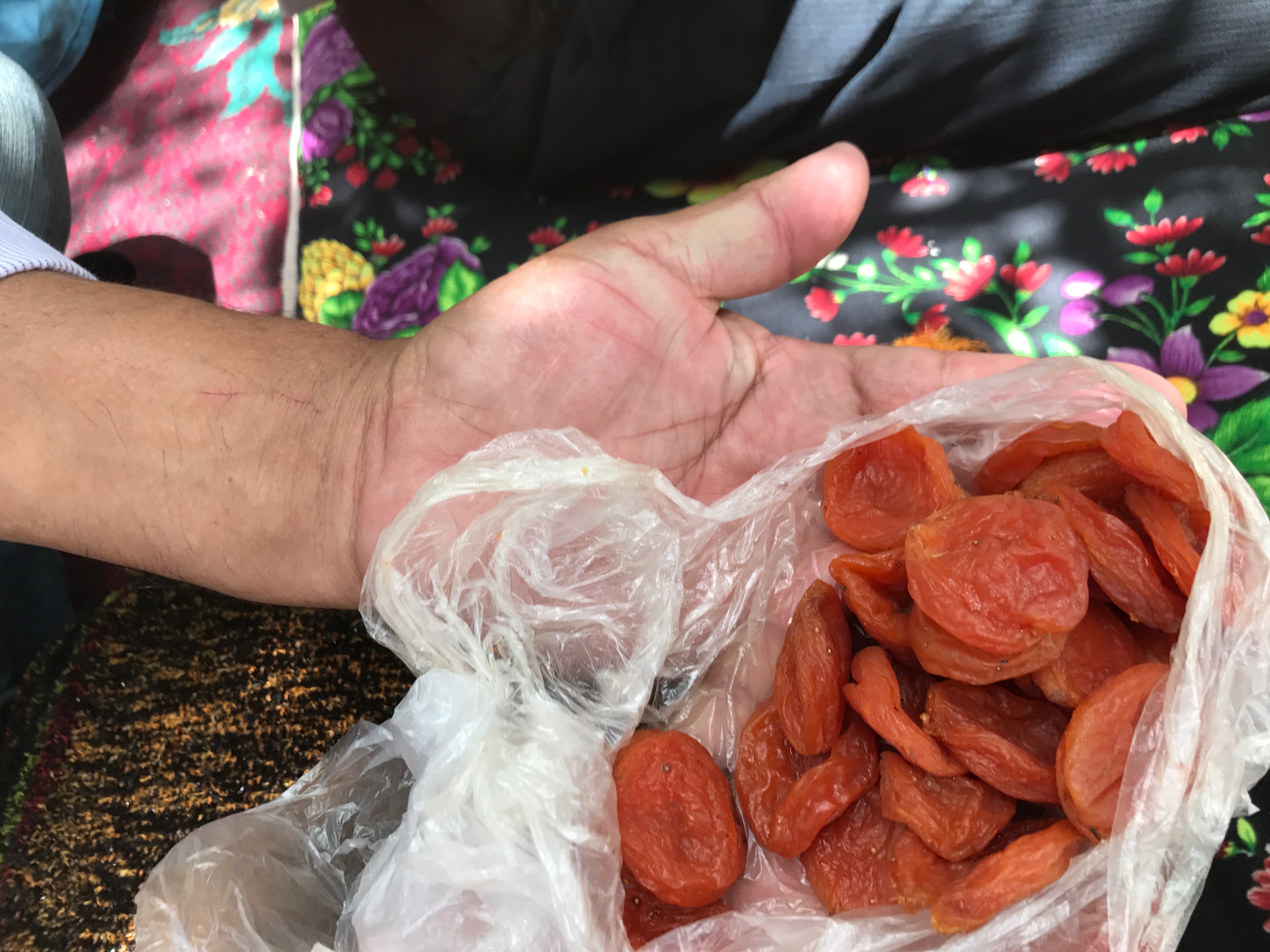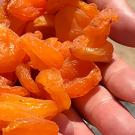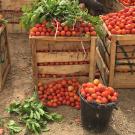
Apricots have the potential to be a high-value crop for smallholder farmers in Tajikistan as the climate, soil, and water in many parts of the country are favorable for apricot production. Dried apricots are an established product in northern Tajikistan, but are new in southern regions of Tajikistan. Drying apricots extends fruit shelf life and marketing opportunities, although drying techniques used widely now consist of rudimentary sulfur treatment, followed by sun drying on road beds, bare ground and stones. These potentially unhygienic conditions contaminate the fruit with soil, stones and dust, reducing the fruit's phytosanitary condition. As a result, access to markets is compromised and economic returns to growers are not maximized.
Led by Purdue University, the project team is analyzing market opportunities and major barriers for dried apricots produced in the Khatlon Province of southern Tajikistan. The team evaluates current drying practices in northern Tajikistan and other regions in order to develop a handbook of best management practices for apricot postharvest, processing, and drying, with a focus on identifying the practices that improve dried fruit quality for competing in international markets. They are also creating protocols for reducing food safety concerns in dried apricot production.
The team is also evaluating three solar dryer models, in collaboration with local partners, to see which type of dryer best suits the needs of Tajik smallholder farmers.
Mission service project
The Horticulture Innovation Lab developed the request for this research project to serve local research needs and knowledge gaps identified by USAID mission personnel. The request was created in close collaboration between USAID/Tajikistan and the Horticulture Innovation Lab.


